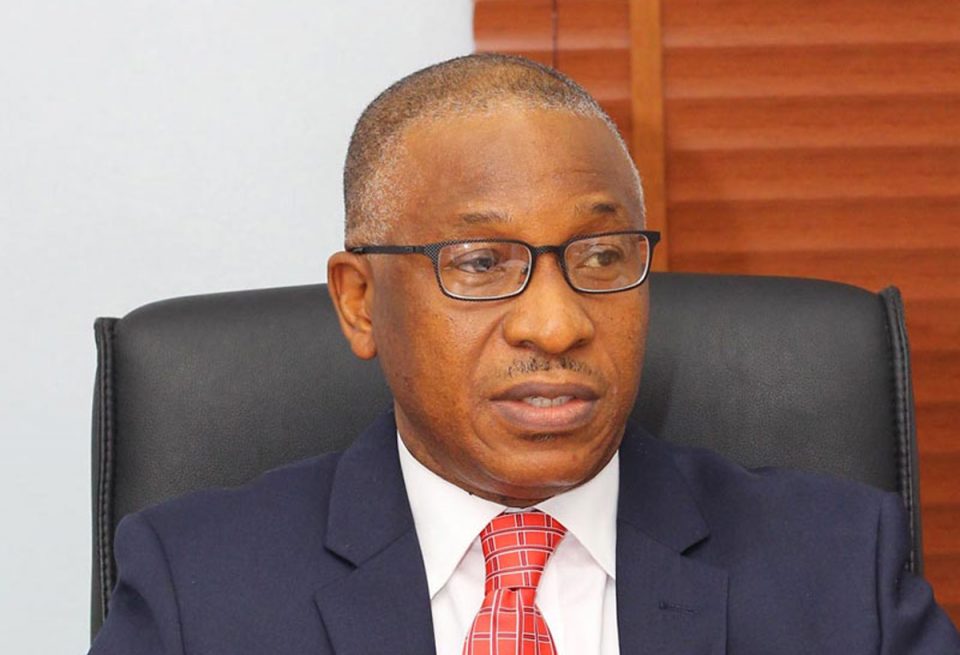- Calls for increased PPP in maritime sector
Bureau of Public Enterprise (BPE) has revealed that port concessionaires contributed over N538.010 billion to the Nigerian Ports economy development from 2006 when they got signed on to December 2017.
Director General, Bureau of BPE, Mr. Alex Okoh, disclosed this during a webinar session on “Public Private Partnership (PPP) as alternative financing model in the maritime sector,” hosted by the Nigeria-South Africa Chamber of Commerce and sponsored by SIFAX Group.
Given the breaking down of private sector contributions to the ports, Okoh said the commencement fees was N5.686,428,500.00, lease fees – N196.488,342,252, throughput fees –N61.457,702,240, infrastructure – N66.616,658,787, investment on equipment N139.991,404,449 and tax payment – N67,770,054,563 while subtotal stood at N538.010,590,793.
The BPE boss however reiterated the need for increased private sector involvement in the financing critical infrastructural development in the maritime sector for it to become a major revenue earner for the Federal Government.
Citing the success of the port concession as a justification for more private sector funding, wherein he revealed that the Federal Government’s revenue from the sector had more than doubled ten years post-concession, Okoh posits that competing needs for government’s lean resources has also made PPP a welcome option.
The BPE DG further revealed that the Federal Government has simplified the PPP process, which now allows private sector players to scout for projects that can be financed through PPP model.
In his words: “The Bureau of Public Enterprises has been entrusted with a significant part of the PPP responsibilities in Nigeria through the Federal Government’s circular of September 2020. What this means in effect is that players in the country’s maritime and other key sectors of the economy can identify and suggest projects to the government through the BPE or relevant MDAs.
“Once these projects are examined, approval will be given to the relevant parties to undertake an appraisal, feasibility study or outline of business case, which will be scrutinised by the government. Thereafter, a tender will be published. The benefit of this is that the originator of the project will be allowed to provide a matching offer with that of the highest bidder and if the party is able to match this offer, they will be declared the preferred bidder”.
He urged the private sector to carefully identify the gap in transport infrastructures in the nation’s maritime sector and work towards providing solutions to these gaps.
Okoh noted that such investments in and around Nigeria’s ports will help reduce the high shipping and terminal charges and local transport to warehouse costs which will in turn make the country’s port more competitive and business friendly in comparison to other African countries.




